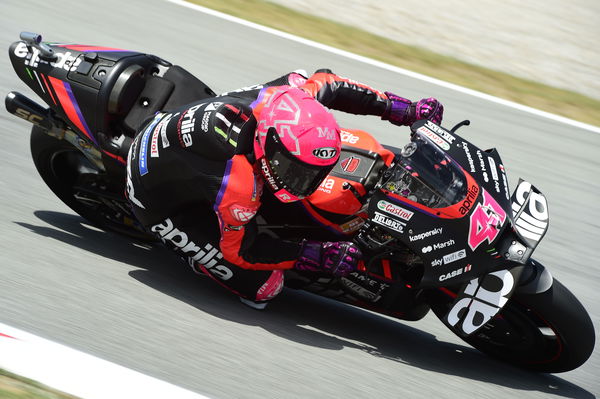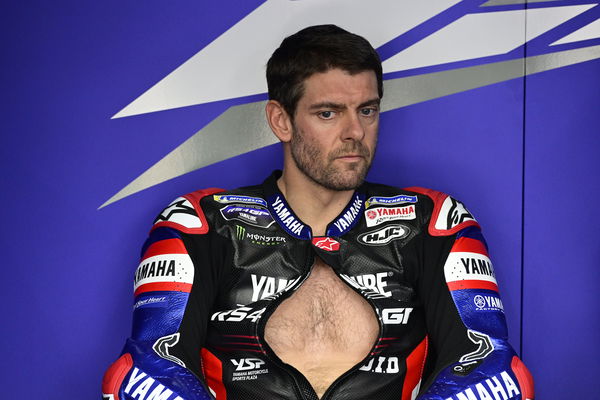Brand value vs. brand exposure | Why Kawasaki won’t swap WorldSBK for MotoGP
Kawasaki doesn't see Suzuki's exit from MotoGP as a reason to make the return to the premier class having dominated WorldSBK over the last decade
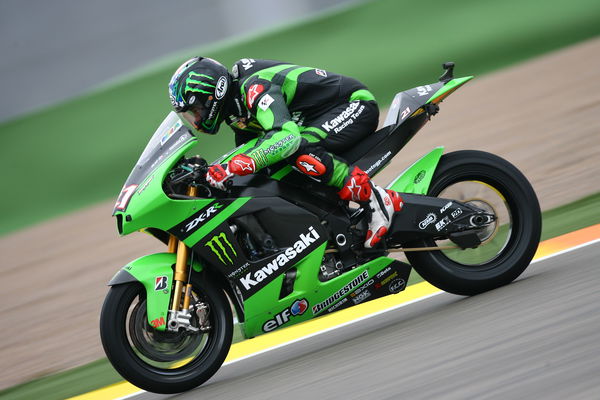
Kawasaki has reiterated its commitment to racing in the WorldSBK Championship, maintaining there are no plans for a return to the MotoGP World Championship in the wake of Suzuki’s bombshell decision to quit the premier class.
Suzuki last month publicly confirmed it will cease its MotoGP effort at the end of the 2022 season, just two years after it clinched the World Championship title with Joan Mir.
Leaving five manufacturers on the MotoGP grid in its wake, while next year’s grid appears destined to reduce from 24 bikes to 22, Dorna boss Carmelo Ezpeleta has gone on record to say he has received interest from manufacturer-level parties to eventually replace Suzuki.
While it is unclear which manufacturers he is referring to - if at all - there is a fairly limited list of plausible candidates with the finance and resources to realistically go up against an already competitive and closely-matched field.
Of these, Kawasaki and BMW represent the most logical ‘educated guesses’. Certainly they are best qualified to make any MotoGP transition considering their factory-backed efforts in the WorldSBK Championship.
Only Kawasaki, however, has previous MotoGP form, competing between 2002 and 2008 with the attractive but only moderately successful ZX-RR. However, it quit the series abruptly ahead of the 2009 MotoGP season in favour of syphoning resources towards investing in a works WorldSBK effort that at the time lingered well behind the likes of key Japanese rivals Honda and Yamaha.
It has since gone on to dominate the series over the last decade, securing its first title in 20 years with Tom Sykes in 2013 before Jonathan Rea’s streak of six consecutive successes between 2015 and 2020. As a result, Kawasaki Racing Team boss Guim Roda says there is reason why it would risk its status for a return to the vastly more financially-demanding MotoGP
"From Kawasaki's point of view, years ago, I believe KMC Japan decided to focus on the WorldSBK Championship for some key reasons and still those reasons are relevant,” Roda told Visordown’s sister publication, Crash.net.
"The brand value of the media exposure realised by WorldSBK is very good and it shows Kawasaki’s quality and the serious way of working. At KRT, we feel this helps sell many other models, not just Ninja. Motorcycle is a passion and, by racing, we confirm this passion. KRT tries to share this with all Kawasaki fans in the world.”
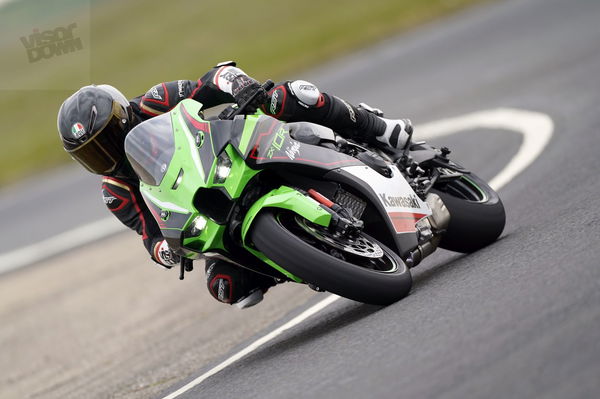
WorldSBK more ‘logical’ to sell motorcycles
Pivotal to Kawasaki’s decision to turn its back on MotoGP in favour of WorldSBK is its ultimate purpose to promote and sell its production models.
As a production-based series, Kawasaki says there is greater relevance to compete with models akin to what the public can also purchase.
Indeed, though MotoGP offers significantly more brand exposure as the premier class of motorcycle racing, Roda says Kawasaki’s enduring success over the last ten years negates the limitations of the smaller stage on which it was attained.
"Technically, in WorldSBK we use mass production models, it is more logical to race this way than to make new chassis, engines or aerodynamics every year like in MotoGP. For Kawasaki and KRT it is easier to manage internal resources linking them with R&D and mass production of street bikes than try to make a racing show with bikes final customers cannot buy for street use.
"At KRT we try our best at every race and every test to improve the package and also energise Kawasaki fans worldwide, whatever machine they ride. I personally believe that is the spirit of Kawasaki racing."
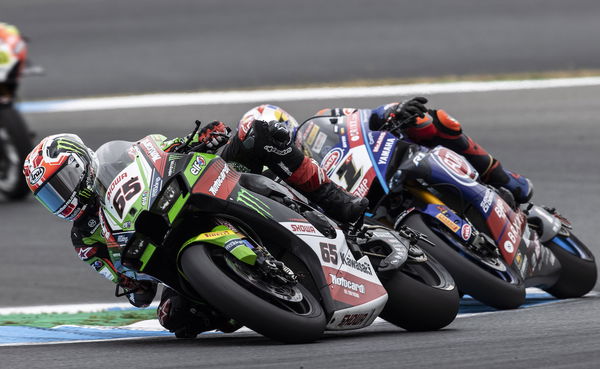
Why Kawasaki doesn’t need to race in MotoGP
While quitting MotoGP to transform its waning WorldSBK effort has been a masterstroke move by Kawasaki, many see it as the company ‘playing it safe’ by focusing on pumping more money into a smaller (translation: easier) series to in essence spend its way to the top.
It’s a cynical view - and it’s not untrue - but this isn’t simply Kawasaki taking its ball home because it wasn’t winning, despite some encouraging signs it would have come good eventually.
Unlike its key Japanese rivals - Honda, Yamaha and Suzuki - Kawasaki didn’t come to MotoGP with any prior grand prix racing heritage, a comparable lineage held in the fondest regard by its counterparts. Suzuki notwithstanding, this history of success in GP arguably ranks higher than any reason as to why Honda and Yamaha continue to invest heavily.
Kawasaki, by contrast, has a more established Superbike history stretching back to the inaugural WorldSBK Championship in 1988, even if its success rate until the ‘twenty-teens’ was sporadic.
While Honda, Yamaha and Ducati have might to compete in both MotoGP and Superbike, the former series makes more sense for Aprilia and KTM as companies that see sports’ brand exposure as the primary objective, whereas Kawasaki and BMW prefer to promote specific models.
